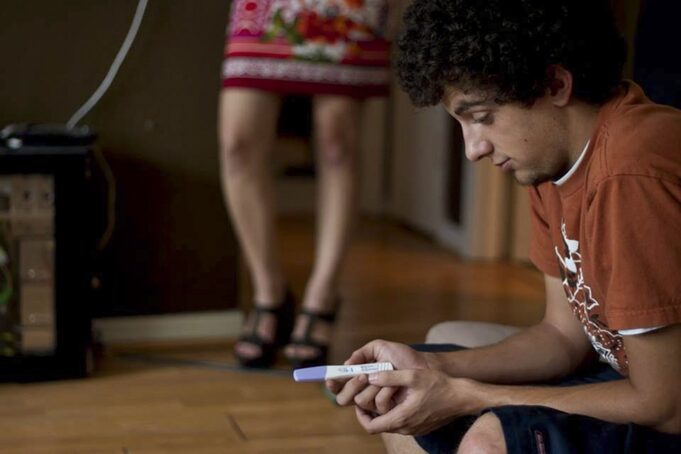Being a caregiver is a tough job, and women caregivers face unique challenges that can take a toll on their mental health. The responsibilities of caring for a loved one can be overwhelming, leading to stress, anxiety, depression, and other mental health issues. Despite the critical role they play in society, women caregivers often suffer in silence, their struggles unnoticed and unacknowledged.
The Role of Women Caregivers
Women are often the primary caregivers in families, taking care of children, elderly parents, or sick relatives. This role can be physically and emotionally demanding, requiring women to juggle multiple responsibilities and make sacrifices for the well-being of their loved ones.
Research on Mental Health Issues
Studies have shown that women caregivers are at a higher risk of experiencing mental health issues compared to non-caregivers. According to a report by the National Alliance for Caregiving, women caregivers are more likely to report symptoms of depression and anxiety, as well as higher levels of stress and burnout.
Impact on Physical Health
The stress of caregiving can also take a toll on women’s physical health, leading to increased risk of chronic conditions such as heart disease, diabetes, and obesity. The constant pressure of balancing caregiving duties with work and personal life can result in poor sleep quality, unhealthy eating habits, and lack of exercise.
Support for Women Caregivers
It is crucial for women caregivers to receive adequate support to help them cope with the challenges they face. This includes access to mental health services, respite care, and support groups where they can connect with others who understand their struggles.
Future Advances in Mental Health
Research is ongoing to develop new interventions and treatments to support the mental health of women caregivers. This includes innovative approaches such as telehealth services, online support groups, and mobile apps that provide resources and tools for self-care.
*Note: this site does not provide medical opinions or diagnosis and should not be relied upon instead of receiving medical attention from a licensed medical professional.




